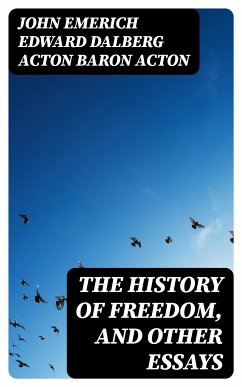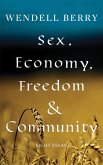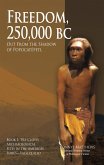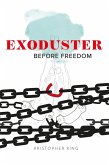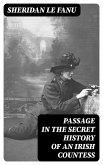In "The History of Freedom, and Other Essays," John Emerich Edward Dalberg Acton, Baron Acton, explores the complex interplay between liberty, morality, and history. This collection of essays is characterized by Acton's analytical rigor and eloquent prose as he articulates a vision of freedom that transcends mere political structures. Drawing upon historical figures and events, Acton weaves a narrative that challenges the reader to consider freedom not just as a political ideal, but as a moral imperative. The essays are situated within the broader context of 19th-century liberal thought, engaging with contemporary debates about democracy, authority, and the responsibilities of individuals in a free society. Baron Acton was a prominent historian and moral philosopher, known for his deep commitment to liberalism and the study of history as a means of understanding moral progress. His famous assertion that "power tends to corrupt, and absolute power corrupts absolutely" reflects his cautious view on authority and liberty. Acton's scholarly background, combined with his activism in promoting liberalism and historical inquiry, significantly shaped his approach to these essays, which delve into the philosophical underpinnings of freedom and its historical manifestations. Readers drawn to themes of freedom, history, and morality will find Acton's work insightful and thought-provoking. "The History of Freedom, and Other Essays" serves as a rich resource for anyone interested in the foundations of modern democratic thought, urging them to reflect critically on the ongoing struggle for liberty and the ethical implications of power. This collection is an essential read for scholars and general readers alike, enriching our understanding of freedom's place in both history and contemporary discourse.
Dieser Download kann aus rechtlichen Gründen nur mit Rechnungsadresse in A, B, BG, CY, CZ, D, DK, EW, E, FIN, F, GR, H, IRL, I, LT, L, LR, M, NL, PL, P, R, S, SLO, SK ausgeliefert werden.

